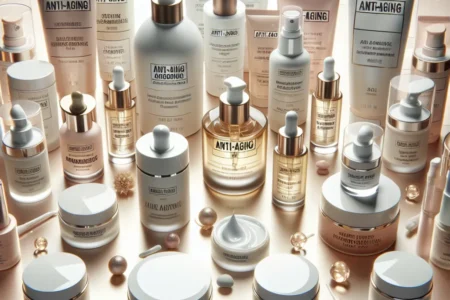The article discusses the basics of building a beginner skincare routine, emphasizing the importance of understanding one’s skin type, choosing the right products, and maintaining a consistent routine. It highlights the significance of using a gentle cleanser, moisturizer, and sunscreen, while also stressing the importance of consistency in skincare. Additionally, it outlines the 5 essential steps for skincare success, including cleansing, exfoliation, toning, moisturizing, and applying sunscreen, all of which are crucial for establishing a healthy and radiant complexion. Mastering these steps forms the foundation for an effective skincare routine, making it a must-read for beginners looking to enhance their skincare regimen and achieve glowing skin.








